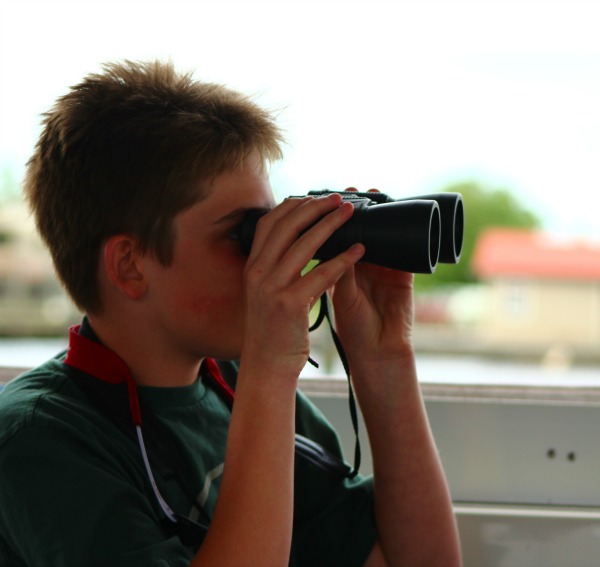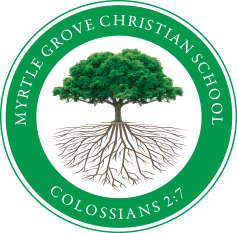Our Mission…Our Passion

– Naturalist David Polis
Money from the Annual Fund has helped breathe new life into the MGCS curriculum and instruction by blazing new trails into the great outdoors and bringing the world into the classroom with the use of technology. On any given day you not only find students reading and writing, but you will find students in the garden, woods, and by the creek observing, identifying, quantifying, and collaborating. Students are not just learning science…they are doing science. Indoors, you can find them researching, graphing, and preparing presentations using google chrome books.
Here are just a few examples of how we are stewarding your gifts:
In Upper school, we have transformed our science programs to focus on local issues that impact our community and thus the world. Students are applying principles and concepts taught in the classroom to what they are observing in nature. Students carry out tests and observations that in-field scientists would perform in the real world and use technology to track data over time. They identify problems and generate solutions.
Sixth graders study the factors that affect how forests change and develop in coastal environments. They sample populations, identify local trees and observe how human interaction impacts an environment. Students can be found digging holes to observe soil profiles, making mud balls to identify soil composition, collecting cones, leaves, and seeds for identification and even occasionally tasting the local edible plants such as penny wort or the slightly salty glass wort.
Seventh graders study the biological and chemical indicators of a healthy creeks and rivers. They collect samples from the creek on campus and identify macro invertebrates to determine the health of our creek and hypothesize about the health of our river. You can find students on the creek bank combing through mud and leaf samples collected from the bottom of the creek looking for biological indicators of a healthy creek such as, scuds, crayfish, and dragon fly and stone fly nymphs. Students travel by boat up the Cape Fear River testing water samples for chemical indicators of a healthy waterway. After three years of studying the creek with classes I am now seeing students begin to study it for themselves- paying attention to things such as changes in color, fluctuation of water levels, and changes in turbidity from sediment deposits in the water.
Eighth graders are learning to steward natural resources by applying knowledge gained from past water and soil studies to find solutions to problems that affect our environment and community. Students work with a local oyster farmer to restore oyster populations by designing oyster racks for immature oysters. They are researching and designing sustainable foundations that trap and hold sand to promote the development of new sand dunes to protect our beach and provide habitats for nesting organisms.
Upper school students also get to choose from a variety of electives that merge outdoor education and technology. Choices include outdoor leadership, nature journal workshop, ROV (remote operated vehicles), gardening, and science olympiad.. All of which encourage problem solving,testing, hypothesizing, data collection, and collaboration.
Not only is outdoor learning and technology developing strong minds, but most importantly, it points them to our creator and savior. Studying nature in alignment with God’s word leads us to a better understanding of who God is and who he has made us to be. Romans 1:20 says “ Ever since the creation of the world his eternal power and divine nature, invisible though they are, have been understood and seen through the things he has made. So they are without excuse.” Nature provides a context to reveal God’s power, majesty, complexity, order, and grace in a tangible way. Scripture provides the context for how we should then live in it. This is our mission and passion. Thank you for helping us make this possible now and for the years to come.

